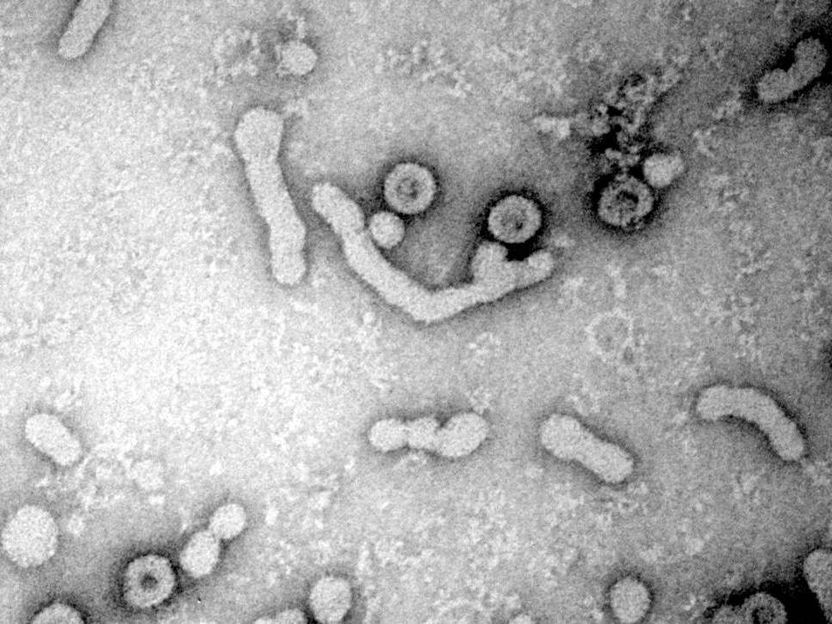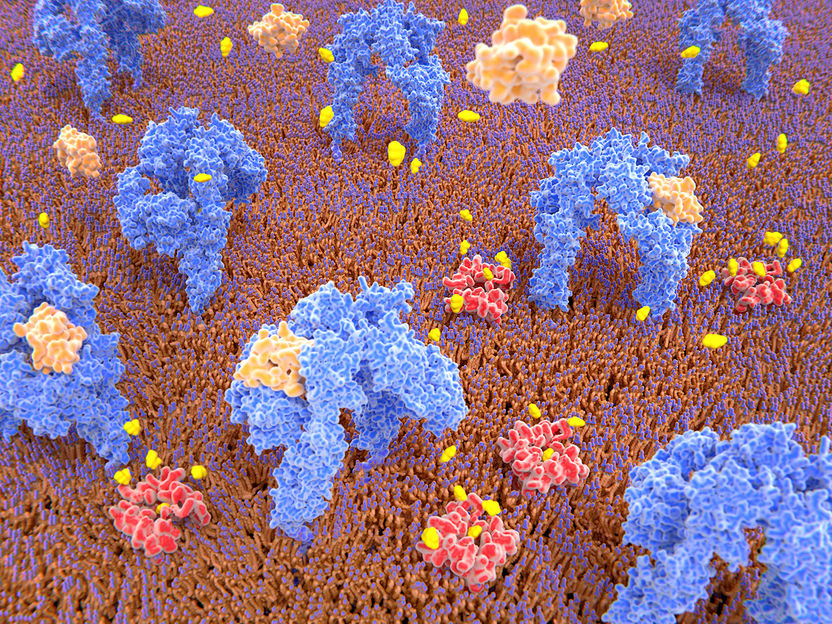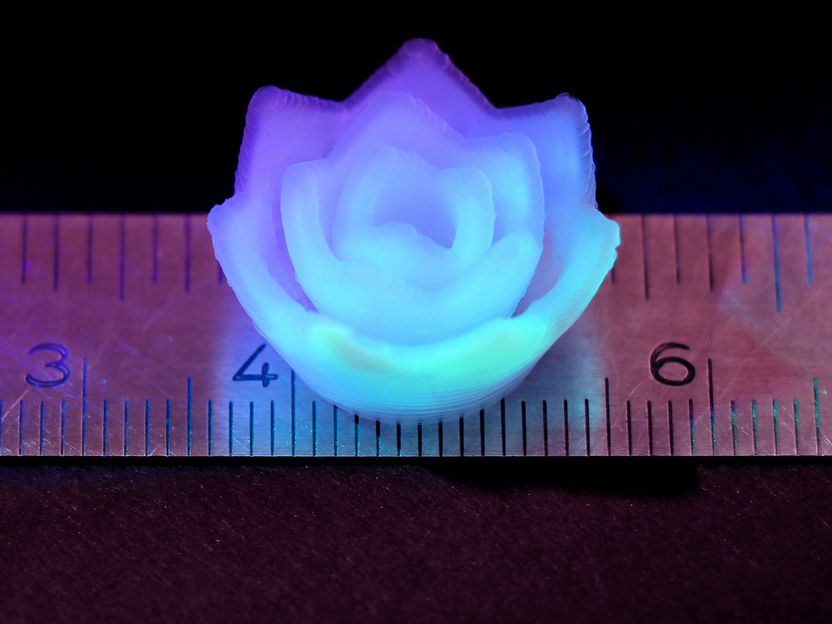ThromboGenics Completes Patient Enrolment of Phase III Trial of Microplasmin for the Non-Surgical Treatment of Eye Disease
MIVI-TRUST Phase III Program With Microplasmin Recruits a Total of Over 640 patients Ahead of Schedule
ThromboGenics NV announced that it has completed the enrolment of the second Phase III trial evaluating microplasmin for the non-surgical treatment of eye disease. The trial TG-MV-007, which recruited patients both inEuropeandthe United States, has completed enrolment of over 320 patients across 48 centres, ahead of schedule.
Microplasmin's Phase III program is referred to as the MIVI-TRUST (Microplasmin for IntraVitreous Injection-Traction Release without Surgical Treatment) program. This program involves two clinical trials, which are taking place in the United States(TG-MV-006 trial) and in Europe and the United States(TG-MV-007 trial). Both of the MIVI-TRUST trials are multi-center, randomized, placebo controlled, double-masked trials which are evaluating 125micro g of microplasmin versus placebo in the intravitreal treatment of patients with focal vitreomacular adhesion.
The initial indication for both of the Phase III microplasmin trials is the non-surgical treatment of focal vitreomacular adhesion. Focal vitreomacular adhesion is a condition in which the vitreous gel, in the center of the eye, has an abnormally strong adhesion to the retina at the back of the eye. Vitreomacular adhesion is thought to play a key role in numerous back of the eye conditions such as macular hole formation, and some forms of macular edema. Vitreomacular adhesion is also associated with a much poorer prognosis in certain major eye conditions, including Diabetic Retinopathy and Age-related Macular Degeneration (AMD). ThromboGenics recently started a Phase II study evaluating microplasmin in patients with AMD.
The primary endpoint of both of the MIVI-TRUST trials is the non-surgical resolution of focal vitreomacular adhesion after one month. This anatomical endpoint is being measured and recorded using Optical Coherence Tomography (OCT) which provides images that can clearly show the separation of the vitreous from the retina. OCT is a very sensitive and specific method for detecting the resolution of focal vitreomacular adhesion. In addition to the primary endpoint, the Phase III trials will evaluate additional measures of efficacy as well as safety, assessed at various time periods over the six month study period.
It is expected that the results from the first microplasmin Phase III study, the TG-MV-006 study will be presented in Q2 2010 and the results from the TG-MV-007 study in Q3 2010.
Topics
Organizations
Other news from the department research and development

Get the life science industry in your inbox
By submitting this form you agree that LUMITOS AG will send you the newsletter(s) selected above by email. Your data will not be passed on to third parties. Your data will be stored and processed in accordance with our data protection regulations. LUMITOS may contact you by email for the purpose of advertising or market and opinion surveys. You can revoke your consent at any time without giving reasons to LUMITOS AG, Ernst-Augustin-Str. 2, 12489 Berlin, Germany or by e-mail at revoke@lumitos.com with effect for the future. In addition, each email contains a link to unsubscribe from the corresponding newsletter.
More news from our other portals
Last viewed contents

New electronic skin can react to pain like human skin - Prototype device electronically replicates the way human skin senses pain

Tricks of Ticking time bomb Hepatitis B Virus
Filming bacterial life in multicolor as a new diagnostic and antibiotic discovery tool - Multicolored probes target cell wall synthesis in the arms race with bacteria

Molecular scales on biological membranes: Mass-Sensitive Particle Tracking - New method to determine location and size changes of unlabeled proteins on membranes via their mass
Researchers grow cells in 'paper organs'
BIOTECHNICA 2010 with new focus topics
Researchers of VTT, the University of Turku and the University of Heidelberg discover new information on spreading of cancer
The Number of Biotechnology Companies has Only Decreased by 10% Despite the Crisis
TAK-733 shows challenge of using a promising drug in the human body
Blood-brain barrier company to-BBB moves into commercialization mode with new CEO Willem van Weperen
Evotec Establishes Research Collaboration With Harvard University and the Howard Hughes Medical Institute in Diabetes Research - Collaboration Established to Drive Innovation and Develop New Diabetes Therapies Targeting Beta Cell Regeneration
























































